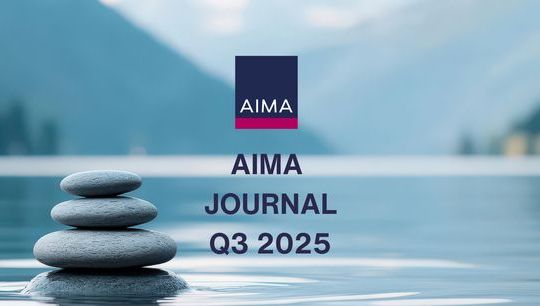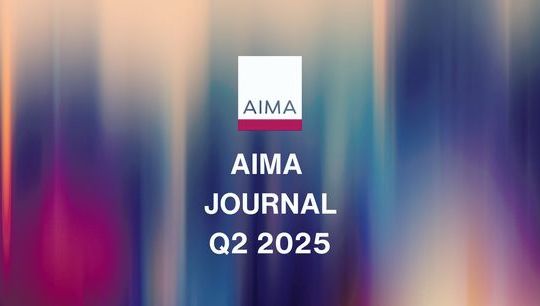A year on from the most important court case you've never heard of
Published: 26 July 2023
In July 2022, AIMA submitted an amicus brief in a little-known case in Florida in which the defendant was alleged to have violated federal securities laws for not registering as a securities dealer. Our attention was drawn to it because, like the Dealer Rule proposal released in March 2022, the SEC was seeking to expand the definition of securities “dealer” well beyond the long-established, well-understood definition set by the Securities Exchange Act of 1934. The rule proposal was troublesome enough for the seemingly unintended impact it would have on those who were not, nor had ever been, considered as dealers, forcing them to register as such and apply ill-fitting rules and requirements that would drastically alter – and damage - their businesses. The Almagarby case took that expansion to an extreme, seeking to apply an even broader definition that would ensnare anyone who buys and sells securities as part of a regular business – putting most everyone in the industry in scope.
In the year since the Almagarby amicus filing, we have learned of more than a dozen such cases where the SEC has been quietly enforcing this vastly expanded definition of “dealer” in courts around the country, which would set an alarming legal precedent if successful. As such, AIMA has provided the courts in the Keener, Morningview, LG Capital and Carebourn cases with vital color to understand why the SEC’s new definition is wrong, how it would pose great harm to the securities industry, and what a securities dealer actually is and does according to the law everyone – including the SEC – has long accepted.
All of these cases still are being litigated and may ultimately end up in the hands of the Supreme Court. Of late, the SEC has taken to providing lower courts considering these “dealer” cases with supporting evidence in the form of prior decisions in their favor, despite those judgements being under appeal. As such, AIMA has filed amici in cases which were earlier in the legal process, hoping to counter this attempt to influence the courts’ views. In turn, the SEC recently has moved to exclude AIMA’s involvement, filing objections which it had not raised in prior cases and have been rejected thus far by the presiding judge in LG Capital while another awaits a determination.
All of this supportive work as an amicus demands significant time and resources, but the stakes are too high to stand idly by as the SEC attempts to rewrite regulation outside the public eye and absent authority from Congress. There is no way to know the outcome of this attempted overreach, but AIMA is committed to ensuring its members’ voices are heard any time they or the markets are put at risk by flawed regulatory activity.
To be continued; stay tuned.







